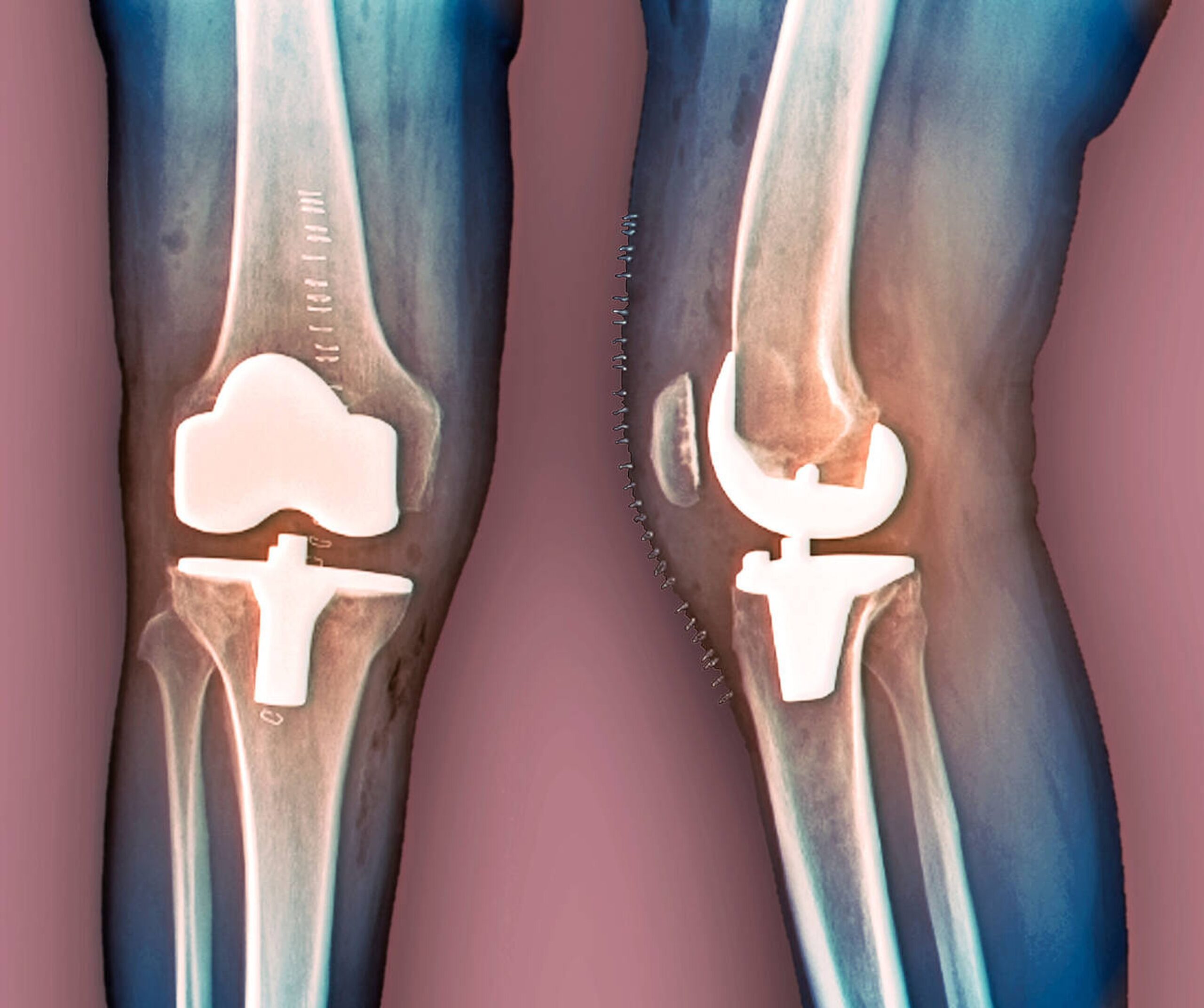Best Knee Replacement Implant Brands in India (2025): Types, Materials & Cost
Educational information only—not a substitute for medical advice. “Best” here means the best option for you, determined with your orthopedic surgeon.
Best knee replacement implant brands in India is a common search—but there’s no one-size-fits-all answer. Your ideal implant depends on anatomy, bone quality, ligament balance, activity goals, and your surgeon’s experience with a given system. This guide explains implant types, materials, leading brands available in India, and typical costs so you can have a confident discussion with your doctor.

On this page
Why “best knee replacement implant brands in India” depends on you
Even among the best knee replacement implant brands in India, outcomes are most influenced by surgical precision, proper sizing, ligament balancing, and your rehab. High-quality systems from major manufacturers can all perform well when selected and implanted correctly. Registry data from large national databases supports strong survivorship across many modern designs—see the UK National Joint Registry (NJR) and the Australian Orthopaedic Association NJRR.
Anatomy of an artificial knee (3 key parts)
- Femoral component: A contoured metal cap for the thighbone.
- Tibial component: A metal tray (often with a short stem) on the shinbone.
- Plastic spacer (insert): A highly durable polyethylene that glides between the metal parts.
Core implant design types
1) Fixed‑bearing vs mobile‑bearing
- Fixed‑bearing: The insert is locked into the tibial tray. Long clinical history and reliability.
- Mobile‑bearing (rotating platform): Allows small rotational motion designed to reduce wear and mimic natural movement in selected patients.
2) Cruciate‑retaining (CR) vs posterior‑stabilized (PS)
- CR: Preserves a healthy PCL for natural stability and proprioception.
- PS: Uses a post‑and‑cam to substitute for the PCL when it’s removed or nonfunctional.
3) High‑flex and partial knee options
- High‑flex designs: Engineered to accommodate deeper bending for select patients; suitability varies.
- Partial (unicompartmental): Replaces only the damaged compartment, preserving ligaments and more native bone when disease is limited.
Materials: metals, polyethylene, Oxinium
- Metals: Cobalt‑chromium for durability; titanium for bone compatibility and lower weight.
- Polyethylene: Highly cross‑linked medical‑grade plastic, designed for low wear.
- Advanced surfaces (e.g., Oxinium): Oxidized zirconium (Smith+Nephew) has a ceramic‑like surface designed to resist scratching and wear. Choice depends on age, activity, anatomy, and surgeon preference.
Key point: Implant material matters, but precise alignment, soft‑tissue balancing, and rehab adherence are often the biggest drivers of function and longevity.
Leading brands available in India (2025)
Indian patients have access to globally used systems from established manufacturers. Below are examples—not endorsements—of knee replacement implant brands in India with widely published clinical use. Review options with your surgeon.
| Brand | Key systems | Notes |
|---|---|---|
| Zimmer Biomet | Persona®, NexGen® | Broad sizing and personalization options; long clinical track record. Learn more |
| Stryker | Triathlon® | Single‑radius design intended for consistent stability. Learn more |
| DePuy Synthes (Johnson & Johnson) | ATTUNE®, Sigma® | Engineered for stability and smooth motion. Learn more |
| Smith+Nephew | JOURNEY II™, LEGION®, GENESIS II | Offers Oxinium surface technology designed for wear resistance. Learn more |
| Maxx Orthopedics | Freedom® | High‑flex designs used in select patients. Learn more |

Knee implant costs in India
The knee replacement implant cost varies by brand, model, materials, and hospital. A typical range per knee for the implant portion can be ₹1,50,000–₹6,00,000+, with premiums for advanced materials or navigation/robotic workflows. Pricing is also influenced by Central/State policies and tendering. For policy context, see the NPPA website on price ceilings for knee implants.
- Brand & tier: Premium surfaces (e.g., Oxinium) and high‑flex options can cost more.
- Hospital & city: Urban tertiary centers may have different pricing than smaller regional facilities.
- Surgical plan: Robotic assistance and patient‑specific instrumentation may add costs.
Remember, the total surgery quote includes far more than the implant: surgeon/anesthesia fees, OT charges, consumables, room category, imaging, and physiotherapy.
How to choose with your surgeon
- Clinical fit: Anatomy, deformity, ligament status (CR vs PS), and bone quality.
- Surgeon experience: Outcomes improve when surgeons use systems they know well.
- Evidence: Ask about registry data and long‑term performance for the recommended model (see NJR patient info and NHS guidance).
- Allergy/sensitivity: Nickel sensitivity or metal allergy may influence material choice.
- Lifestyle goals: Work demands, sport preferences, kneeling needs.
- Budget & insurance: Weigh benefits of premium surfaces vs cost.
Used correctly, the phrase best knee replacement implant brands in India simply means the options that best match your body and goals, selected through shared decision‑making.
Frequently asked questions
Is there one brand that’s the absolute best?
No. Multiple global brands deliver excellent outcomes. The “best” choice is the system that fits your anatomy and your surgeon’s plan, supported by evidence and your goals.
How long do modern implants last?
Registry data suggests many modern total knees achieve high survivorship beyond 15 years with proper alignment, activity modifications, and weight management. See the AOANJRR and NJR for published reports.
Are high‑flex or Oxinium knees worth it?
These can be appropriate for select patients. Benefits depend on your anatomy, soft‑tissue balance, and rehab—discuss trade‑offs and cost with your surgeon.
Where can I learn more about recovery?
See our knee replacement recovery week by week guide and our knee replacement care in Karol Bagh.
Discuss the right implant for you
Book a consult to review your goals, X‑rays, and options across the best knee replacement implant brands in India.
Disclaimer: Brands listed for education only; final selection is individualized. We do not endorse any single product as “best.”
